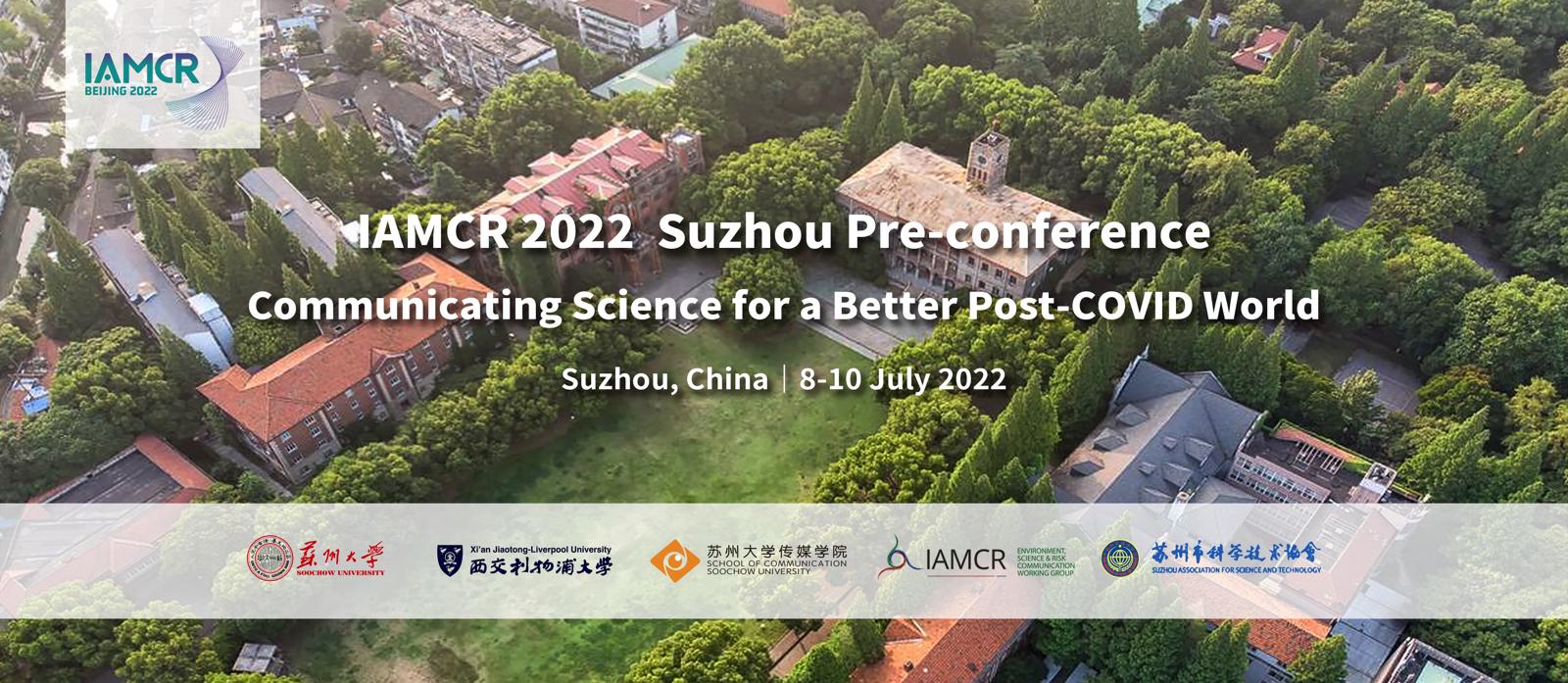One of the rationales for science literacy is supporting the public in making informed science-related decisions throughout life. Researchers have debated what factors affect such decisions. Many science education scholars assume that if people learn science, they can apply scientific knowledge and skills in their daily lives to make informed science-related decisions (Baram-Tsabari & Osborne, 2015). However, empirical studies have demonstrated a complex relationship between science knowledge and decision making, suggesting that decisions contrasting with the scientific consensus are not necessarily the result of ignorance in the sciences. Such decisions may be the outcome of 'motivated reasoning' (Pasek, 2018), where decision-making is influenced by individuals’ beliefs, commitments, motivations, and past experiences alongside one’s knowledge (Kahan et al., 2012). For example, in the United States, attitudes towards climate change or COVID-19 are strongly mediated by political opinions (Drummond & Fischhoff, 2017; Clements, 2020) rather than knowledge or education, as many educators may assume. Yet, most evidence about science-related motivated reasoning concerns issues that exhibit social, religious, or political controversy. Little is known regarding its role in less controversial day-to-day situations (Pasek, 2018).
Here we use real-life science-related dilemmas caused by the COVID-19 outbreak to shed light on the interaction of science literacy and motivated reasoning in science-related decision-making. Data were collected through three online surveys distributed in Israel from 2020-to 2021 to three samples: a representative sample of Hebrew speakers (500 participants) and two convenience samples: 264 sports fans and 289 Hebrew speaking women. The questionnaires were adapted from a previous study (Shauli & Baram-Tsabari, 2019) and, alongside demographics, included closed-ended and open-ended measurements of (1) science literacy measures by a proxy of general scientific knowledge (e.g., Antibiotics kill viruses as well as bacteria) and application of scientific knowledge in the context of COVID-19 (2) decision making measured by real-life dilemma which is relevant to that sample (e.g., Hebrew speakers: would you send your child to kindergarten when its staff lives in a city with high positive Covid rates, and your family lives in a safe city?) (3) potential for motivated reasoning for that group (e.g., having children).
Findings indicated that the potential for motivated reasoning played a vital role in decision-making. For example, Hebrew speakers having kids were more likely to say they’ll send their child to a kindergarten with staff from a city with high positive Covid rates (c2 (4)=13.78,p<0.05). When the respondents had the potential for motivated reasoning, they were less likely to adhere to social distancing guidelines and recommendations that contradicted their interests. On the other hand, in three out of four dilemmas analyzed, there was no association between decision-making and science literacy indicators- general science knowledge and application of scientific knowledge in the context of COVID-19.
The relatively marginal role science literacy played compared with motivated reasoning in everyday personal dilemmas is troubling. It undermines the assumption that science literacy is applicable and useful when people make daily decisions, particularly when dealing with complex scientific issues that affect personal considerations.

 京公网安备 11010802039275号
京公网安备 11010802039275号